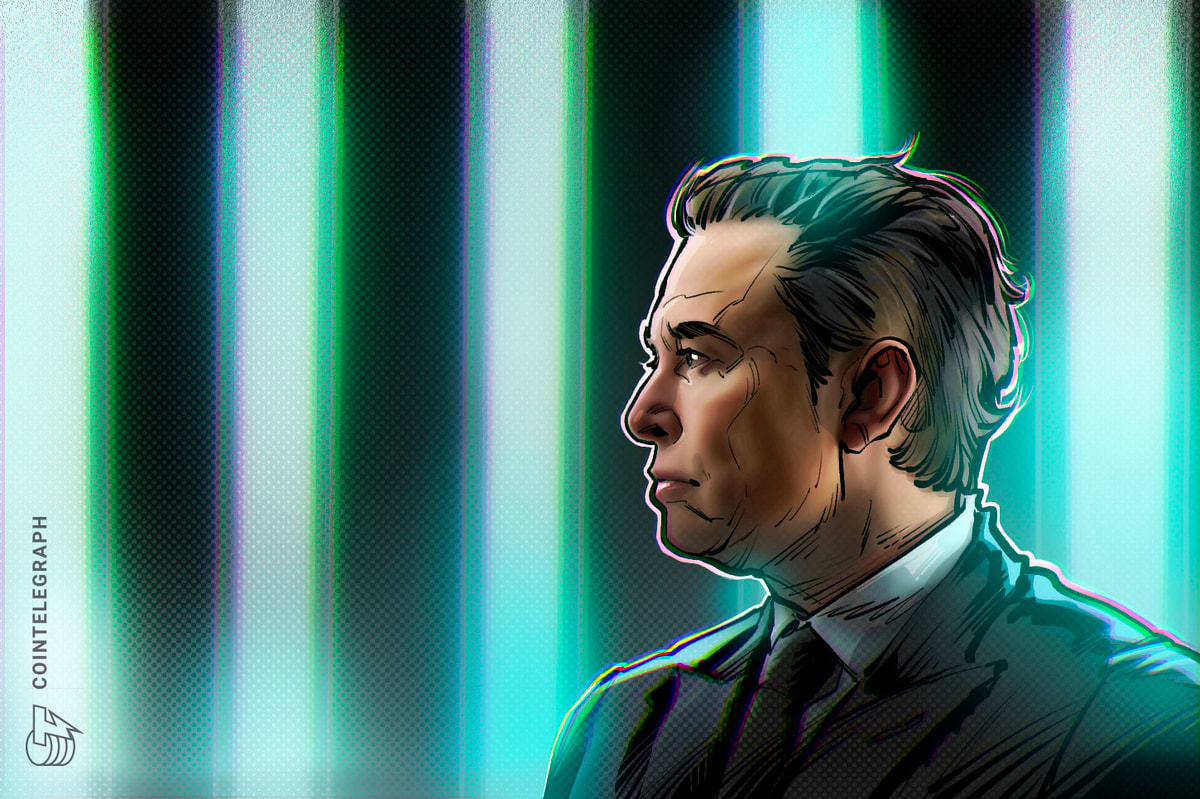
The P2E (Play To Earn) model has not yet taken hold in the traditional gaming sector. In general, video game enthusiasts tend to criticize titles that feature any type of paid content, from microtransactions for cosmetic skins to season passes.
This is why the concept of "playing to earn" in video games is often linked to e-sports, where professional players are paid by teams who in turn receive funds from sponsors.
Ostracized by the gaming community, P2E has found its space in Web 3.0, or in the digital assets sector. In fact, P2E games have their own native token or NFT, used both as game elements and for rewards.
Among the most famous P2E games we find Axie Infinity, a title based on battles between Pokemon-like monsters in the form of NFTs that present different characteristics. The project is based on two cryptocurrencies, SLP and AXS, the former needed to create NFT monsters and the latter serving as a governance token.
The concept of Axie Infinity was partly implemented in Meme Kombat, a new presale gaming platform. The project raised $2 million, with the native MK token selling for $0.205. The value of the token will increase at each stage of the presale.
Although it is attracting the attention of traders and gaming enthusiasts, Meme Kombat remains a high-risk project as it has not yet arrived on the market. The success of the MK token will depend on the development team and how well the gaming platform manages to attract users who are passionate about P2E gaming.
Kombat meme and artificial intelligence
Meme Kombat features fights between the most famous meme coin characters, with an initial roster of 11 fighters, each with different skills, strengths and weaknesses. However, unlike Axie Infinity, Meme Kombat does not feature NFTs, relying only on the native MK token.
The battles will be managed by an AI that will take care of both the gaming and graphics. To decide the outcome of each battle, the artificial intelligence will take into account the features of the characters involved, as well as certain in-game mechanics. The aim of the players is to bet on the winner of each match, to receive rewards in MK.
Staking and betting
To play Meme Kombat, players will need to purchase the MK token and stake it. Then, it will be necessary to use a part of the staked tokens to bet against other players (Player Vs Player), or against the game itself (Player vs Game).
Both types have different characteristics that can be adapted to the needs of each player. In PvP battles, players will have to compete with each other, putting their MK tokens on the table. PvGame battles, on the other hand, involve bets based on probabilities. Furthermore, it will be possible to bet on battles in real time.
In PvGame betting, users can formulate strategies and try to predict the outcome of each fight. To ensure maximum transparency, the results of battles and bets will be recorded on the blockchain.
Staked tokens not used for betting will generate additionalrewards in MK tokens.
Tokenomics
Tokenomics involves a total supply of 120 million MK tokens, 50% of which was allocated to the presale, in order to provide initial capital for the project and allow the team to obtain the necessary funds for the development of the platform.
Another 30% has been allocated for staking and betting rewards, while the remaining 20% will be split equally for DEX liquidity and community rewards.

The seasonal roadmap
As can be inferred from the name and features of the game, Meme Kombat takes a lot of inspiration from traditional fighting games. The project roadmap follows a seasonal model, widely used in modern gaming, especially by Gaas (Games as a service).
Seasonal updates allow developers to keep veteran players interested while attracting new users.
The first season of Meme Kombat will start with the launch of the platform, including the first battle modes, leaderboards and other features. If successful, Meme Kombat will move on to a second season which will feature more battle modes and earning opportunities.
Based on the performance of the MK token on the market, Meme Kombat could continue to update with other seasons. The developers will also focus on the formation of a solid community, made up of players and traders. Since this is a P2E game, the community will be crucial to the success of Meme Kombat in the market.
The development team
Currently, the identity of only one member of the team is known, namely Matt Whiteman. Whiteman is the COO of North Technologies, a Dutch NFT trading and analytics company. The other team members, about whom nothing is yet known, are presented on the site with pseudonyms and an image. The verification of the smart contract was carried out by Coinsult.
Meme Kombat predictions
While Meme Kombat could attract P2E gaming enthusiasts looking for a new gaming platform, it is obviously too early to make predictions, as the MK token is still in the presale phase.
One of the key points for P2E gaming is that it has to be fun in some way. Many projects only offer earning opportunities, but invest little in the gaming part, which is crucial for creating a solid user base and encouraging users to play. In addition to this, rewards for staking and game victories should be proportional to the players' investment.











